
Tech boss fears AI regulations will hamper innovation
The leader of one of Australia's top medical technology companies warns strict regulations on artificial intelligence could hamper local innovation.

The leader of one of Australia's top medical technology companies warns strict regulations on artificial intelligence could hamper local innovation.
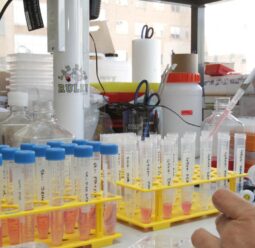
Faced with testing 8000 substances to work out how to cut pollution from a key agricultural product, Aussie scientists turned to artificial intelligence.

More than 25,000 Australian videos featuring misinformation have been removed from YouTube and TikTok as tech giants turn to AI tools to identify issues.

Australia could miss productivity gains and health breakthroughs if it does not consider artificial intelligence rules carefully, a Google executive says.

Online criminals have compromised thousands of websites, including those of Australian businesses, in an attempt to steal users' passwords.

Most young Australians are using generative artificial intelligence tools but some are reconsidering their use or changing career paths due to concerns.

Users of Google products could allow AI to personalise email replies and more with their own tone and style by allowing it to peer into their private data.
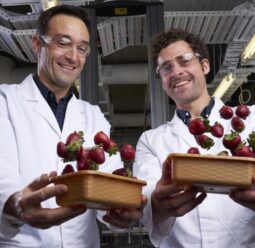
Unique packaging material created using bacteria and sawdust could reduce disposable plastic and keep strawberries safe during transport.
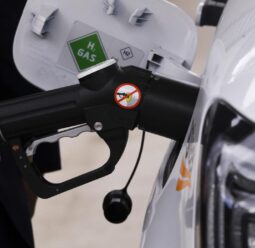
The cost of renewable hydrogen could be cut substantially if Australian researchers can scale their latest discoveries involving wastewater.
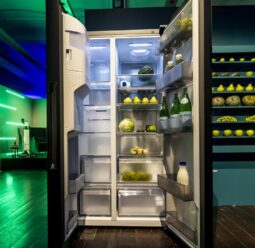
From robotic vacuum cleaners that wake when you sleep to washing machines that judge dirt on your clothes, experts say home electronics are getting an AI boost.

Tasmanian devils, eastern quolls, fallow deer and other wild animals are being tracked using artificial intelligence to free up conservationists' time.
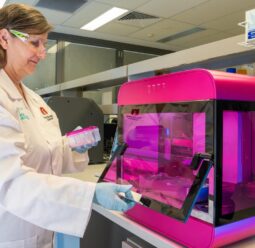
Medical researchers will use cutting-edge technology to 'print' cancer cells and test treatments on them rather than patients following a $2 million grant.

More consumer technology is being approved for medical use in Australia, from earbuds that work as hearing aids to smartwatches that test for heart problems.
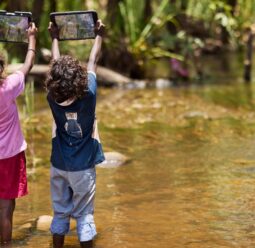
Aboriginal place names, protected lands and reserves will be shown on mapping, weather and other apps in Australia as the result of a four-year project.

A single camera powered by artificial intelligence software could help drive future autonomous cars, slashing thousands of dollars from their production cost.
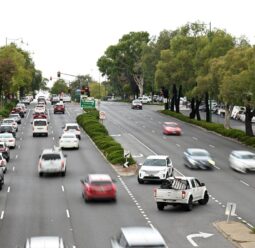
Road rules will need to be changed before autonomous vehicles become more common, or lawsuits could follow.
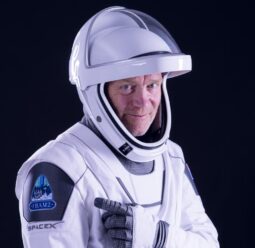
A world-first experiment led by Australians will put mushrooms in space for the first time and determine if they can be a tasty addition to astronauts' diet.

He is shaped like a bin and has the curiosity of a six-year-old but Koobo's creator says the robot has the potential to cure loneliness in young and old alike.
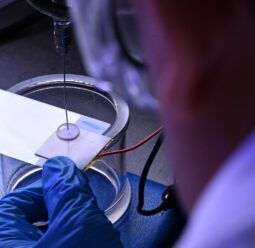
Creating an electrical charge using water could be the secret to delivering safer fuels and boosting batteries following an Australian lab discovery.

The number of satellites providing vital services could be cut in the coming years due to rising greenhouse gas emissions and growing space debris.
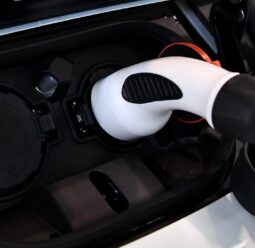
Australia could compete with China for lithium battery production after a local company announced plans to establish a $60 million factory.
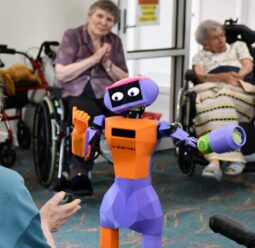
Humanoid robots that can help at home or work are becoming tech firms' next big investment following breakthroughs in artificial intelligence.

Changing tax incentives, creating a spending target, and helping businesses work with researchers could help Australia make breakthroughs the world needs.

Australian businesses and governments are investing too little in vital research projects, a discussion paper has revealed.

Artificial intelligence technology is already being used to monitor Aussie workers even though laws governing its use are not yet in place.

Sourcing and processing materials needed to transition to renewable energy is the focus of an international research project, with Australians at its heart.
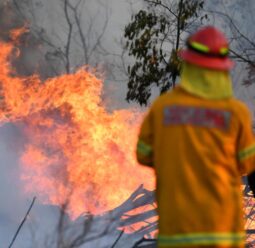
Machine-learning technology could become the next weapon against bushfires with researchers developing a prototype delivering more accurate predictions.

A curvy, curly wind turbine will be put to the test in Australia as researchers and a local start-up look for ways to add more to metropolitan areas.

Wild, weird and unexpected gadgets have been shown in Las Vegas as part of an annual tech fest, with AI powering some household devices for the first time.

Generative AI tools have already changed the way Australians work, communicate and study. Experts say more changes are coming in 2025.

A study of Australian research investments has been welcomed by business, academic and technology groups, but some say more urgent action is needed.